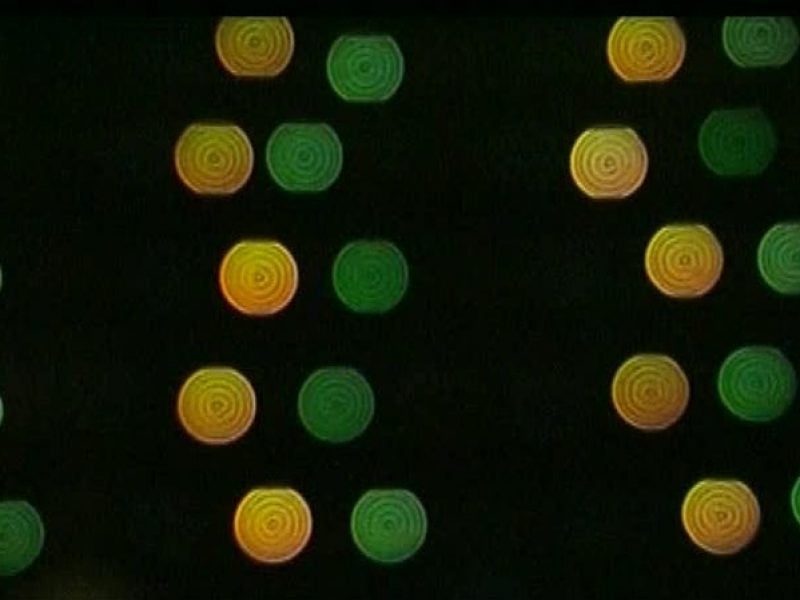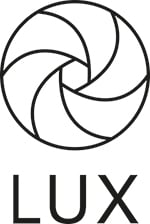Benny Nemerofsky Ramsay is an artist, diarist and correspondent. His artistic work mediates emotional encounters with musical, art historical and Queer cultural material, encouraging deep listening and empathic viewing. In his work you will find bells, bouquets, ceramic vases, enchanted forests, folding screens, gay elders, glitter, gold leaf, love letters, imaginary paintings, madrigals, megaphones, mirrors, naked men, sex-changing flowers, sign language, subtitles, and the voices of birds, boy sopranos, contraltos, countertenors, and sirens. Nemerofsky’s work has been exhibited internationally, and is part of the permanent collections of the Kunsthistorisches Museum Vienna, the Polin Museum for the History of Polish Jews in Warsaw, Thielska Galleriet Stockholm and the National Gallery of Canada in Ottawa. www.nemerofsky.ca
This event is part of CRUISING GROUND II (CGII) a public programme of exhibition, writing, workshop, performance and screenings at LUX April-May 2018, engaging with some of the different ideas explored in the ongoing research project CRUISING GROUND.
First initiated at LUX in Summer 2017 in response to the organisation’s relocation to Waterlow Park, Highgate in North London, CRUISING GROUND takes the the ponds and cruising areas of neighbouring Hampstead Heath as a departure point for exploring the methodologies of cruising as a strategy for permanent institutional destabilisation and for queering cultural mediation and production within the arts.
CRUISING GROUND and CGII have been developed and curated by Matt Carter in collaboration with Cruising the Seventies: Unearthing Pre-HIV/AIDS Queer Sexual Cultures (CRUSEV), a three-year pan-Europe research project exploring LGBTQ (Lesbian, Gay, Bisexual, Transgender, Queer) social and sexual cultures of the 1970s and their significance for LGBTQ people across Europe now and in the future.
Cruising the Seventies: Unearthing Pre-HIV/AIDS Queer Sexual Cultures (CRUSEV) explores LGBTQ (Lesbian, Gay, Bisexual, Transgender, Queer) social and sexual cultures of the 1970s, and their significance for LGBTQ people across Europe now and in the future. CRUSEV reconstructs aspects of LGBTQ cultures and interactions from the 1970s, the decade before HIV/AIDS, to consider what this knowledge can contribute to queer politics and identity in Europe’s present and future. The three-year research project is financed by the European funding agency HERA, under HERA’s ‘Uses of the Past’ theme. www.crusev.ed.ac.uk // @cruisingthe70s

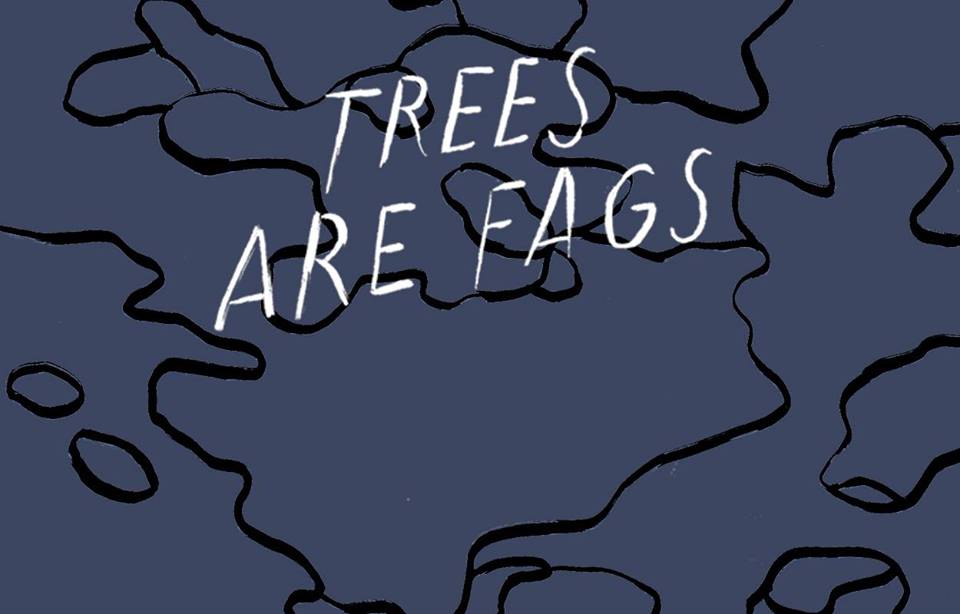
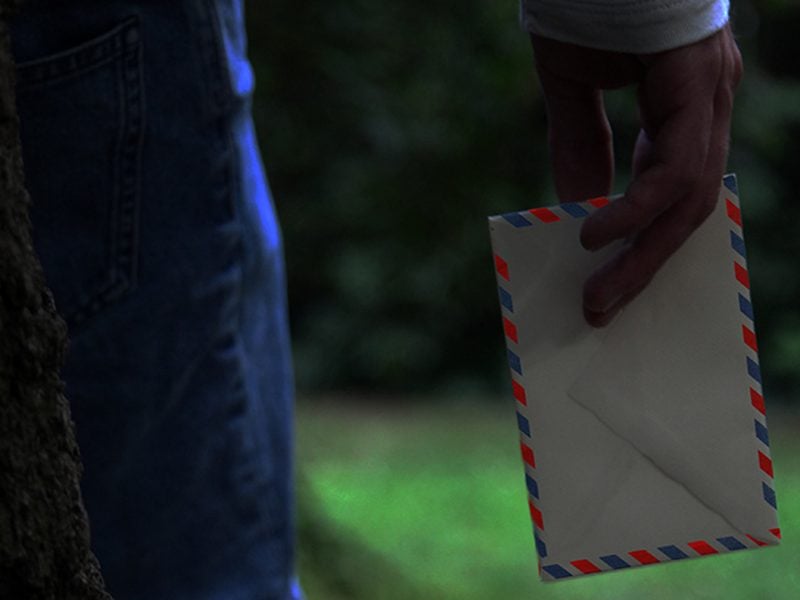
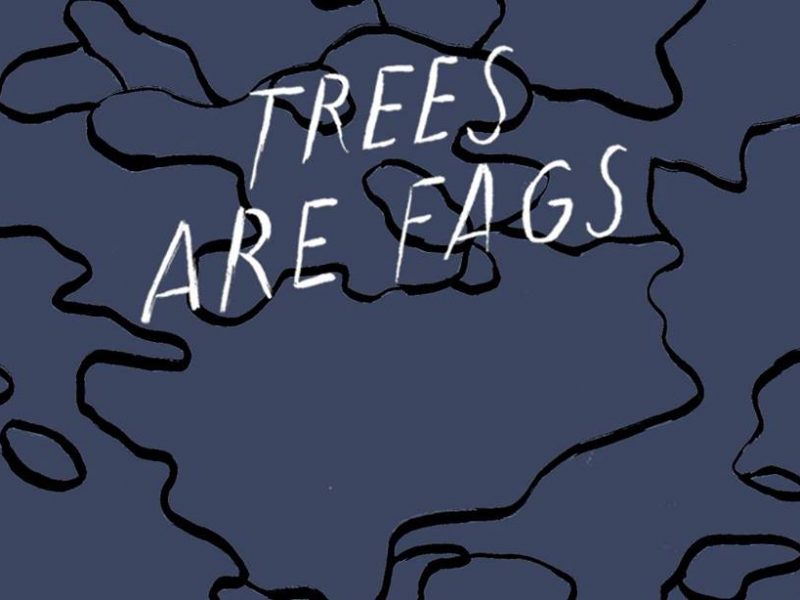
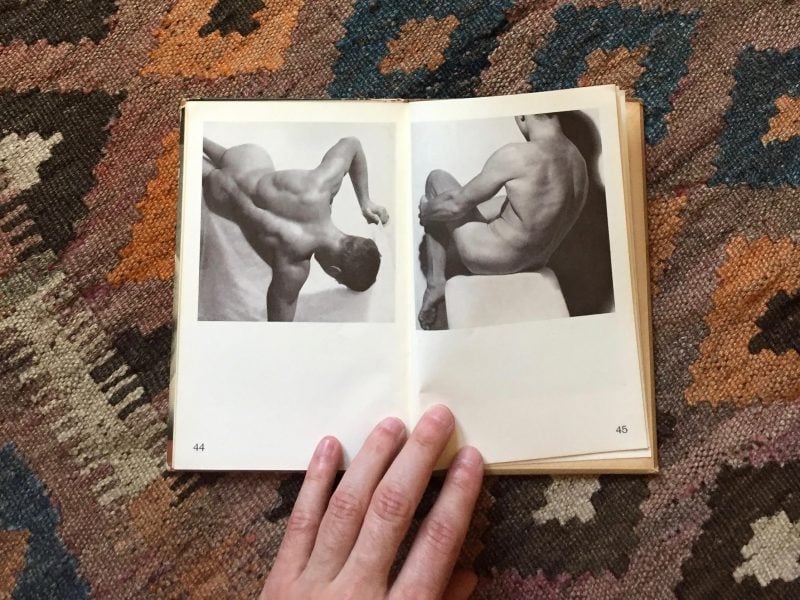
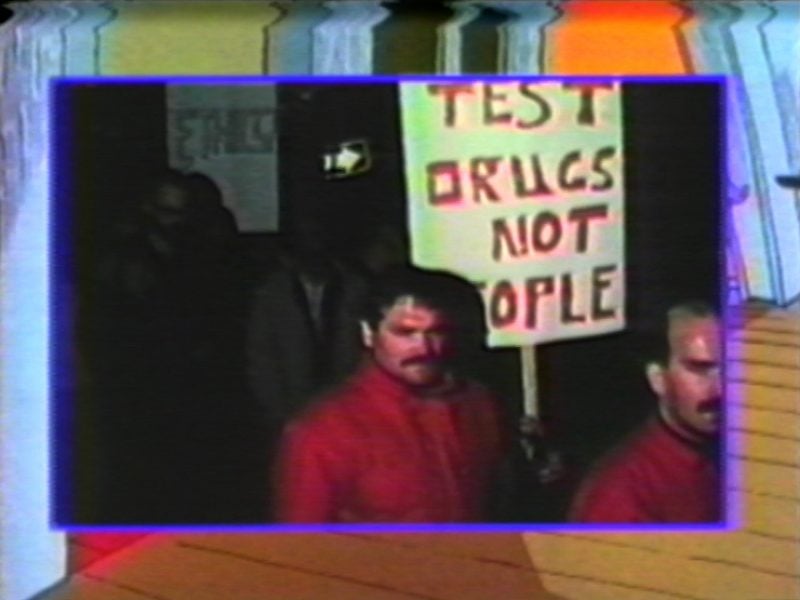
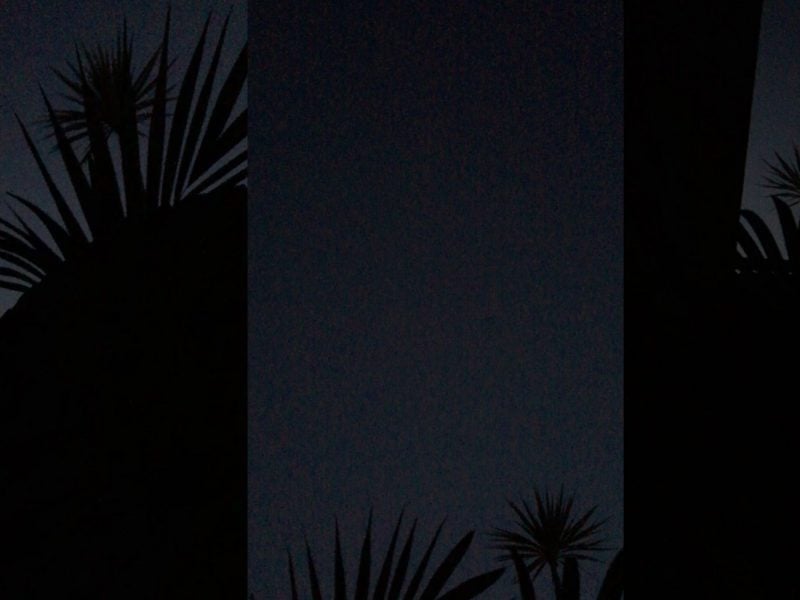 _II _I< _II _I" loading="lazy" />
_II _I< _II _I" loading="lazy" /> 